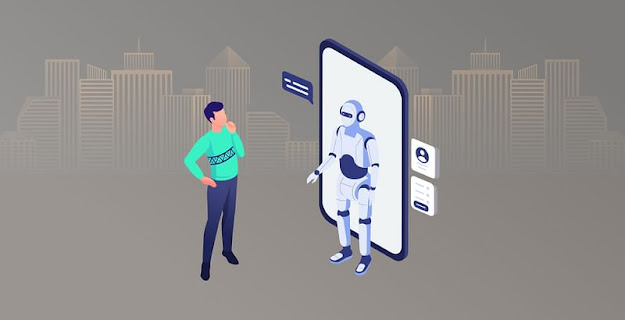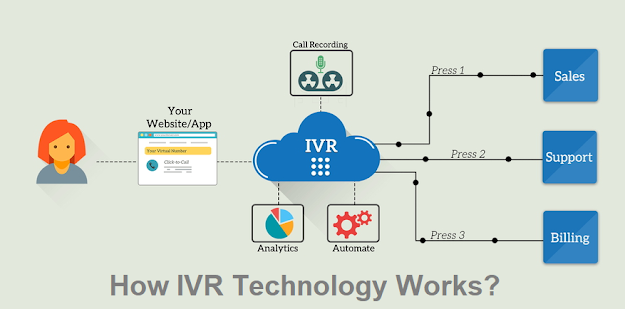IVR stands for Interactive Voice Response and is a technology that allows for interaction between humans and a computer-operated phone system through DTMF tones from the keypad or through speech recognition. Through an IVR system, customers can interact with a company’s host system and get a pre-recorded or dynamically generated audio response that contains further instructions on how to proceed.

IVR systems can be used to handle large call volumes, banking payments, mobile purchases, services, utilities, and retail orders. An IVR takes input, processes it, and returns the result. IVR technology includes DTMF decoding and voice recognition. It also includes technologies such as text-to-speech online and hands-free operations in automobile systems.
Through an IVR system, you can record customized messages and greetings to help give your customers or users a more personalized experience when they contact your company. An IVR also allows you to use pre-recorded messages rather than your own voice on the system.
IVR systems can make the process of collecting information more efficient as they simply process the customer’s input and transfer the calls to the appropriate department or agent. This makes the process faster while reducing the chances of the caller being transferred to the wrong agent.
IVR systems also allow queries to be resolved without the need for a live agent. The necessary information the customer needs is pre-recorded and if it is not enough, the customer can then be transferred to a live agent. This sorts out complex interactions and allows the live agents to deal with them while the system handles the rest. IVR systems also record call detail information into a database for auditing, performance reports, and future system enhancements.
In banking institutions, IVR systems are used for customer engagement and business operations such as telephone banking. IVR allows institutions to operate 24/7 as customers can conduct basic transactions through the phone. In the medical field, IVR systems are used by research organizations and pharmaceutical companies to conduct trials and manage large volumes of data. The systems are used to gather data into a database and record patient diaries and questionnaires.
Callers can obtain data and gain access to test results anonymously through IVR systems. IVR systems are also used when surveying, such as for televoting on TV game shows. These shows can generate large call spikes which can only be handled by an IVR system.
Survey organizations use the systems to ask sensitive or important questions that people might not want to provide the answers to when it is a human interlocutor. IVR systems offer many benefits, one of which is the access to technology it offers to low-literacy populations in developing countries.
The technology also helps in increasing first contact resolution and customer service efficiency in companies. IVR systems are affordable and efficient, they can reduce operational costs as the system can stay active for as long as needed while handling a large number of requests. It is important in increasing customer satisfaction as it is easy to use and reliable.

No Comment to " What is Exactly An IVR Technology? "
Please make your real thoughts/comments and don't spam. Spam comments will be removed immediately.